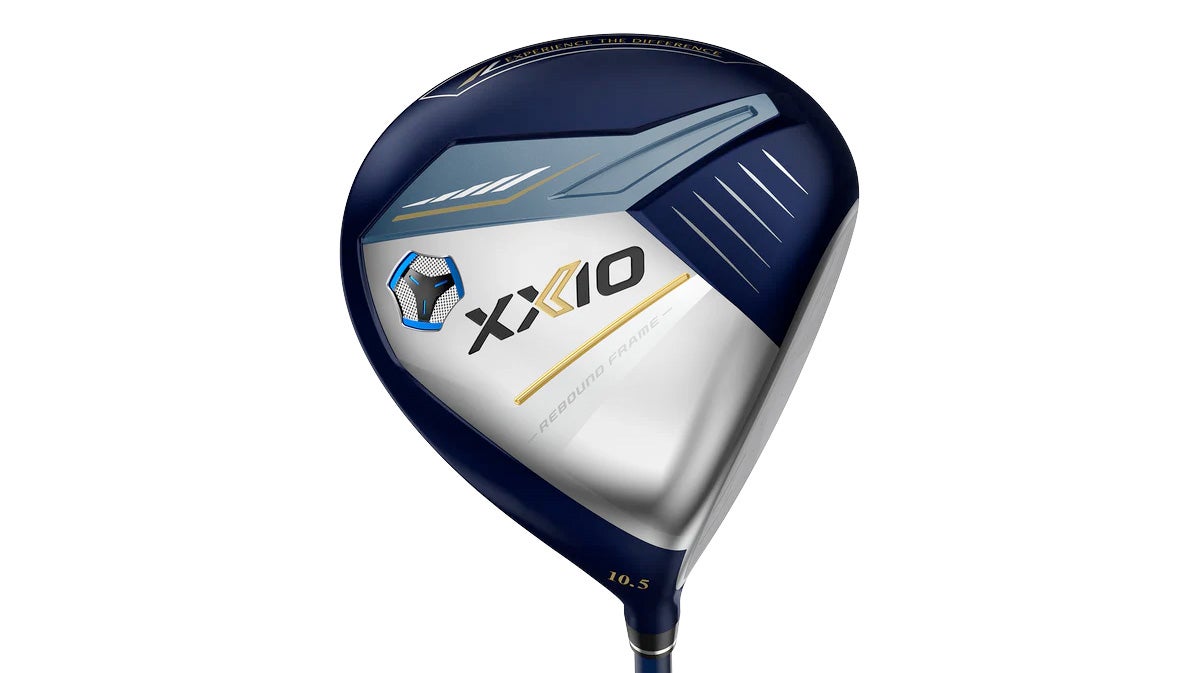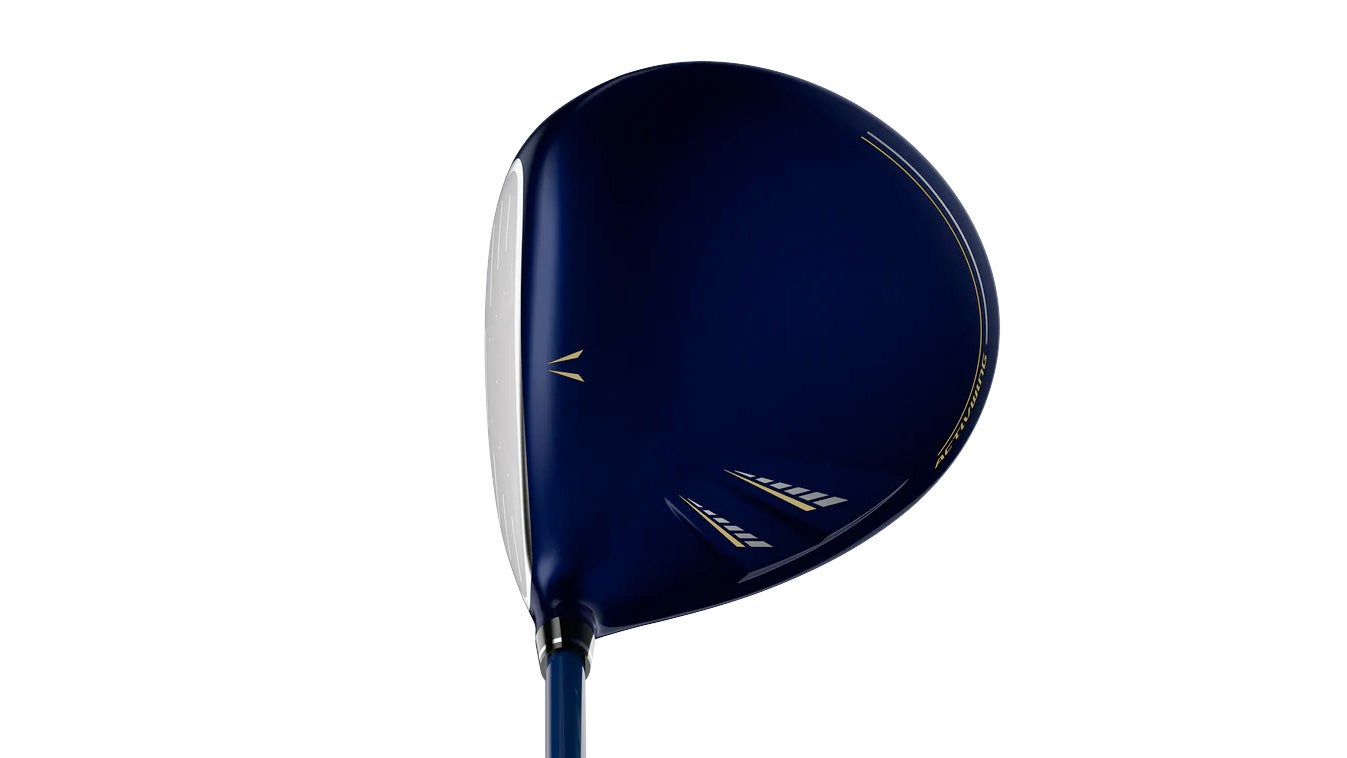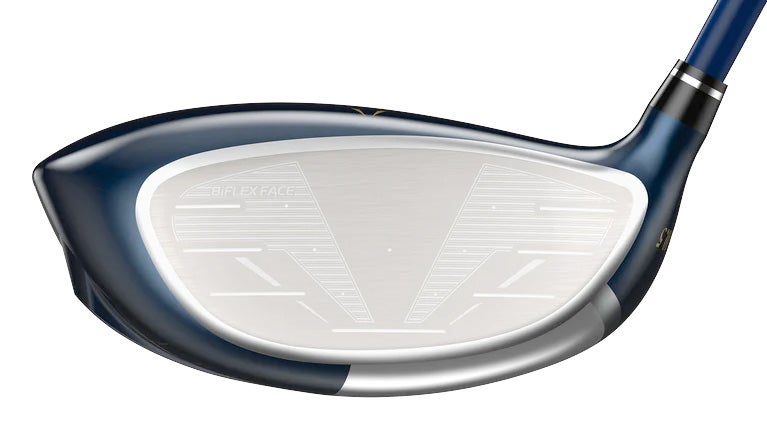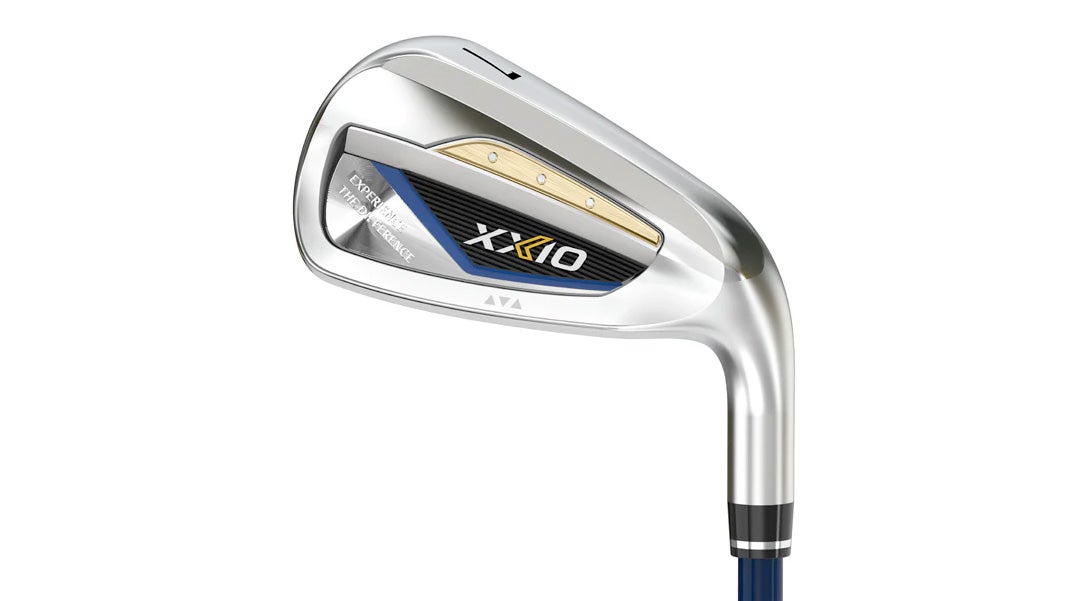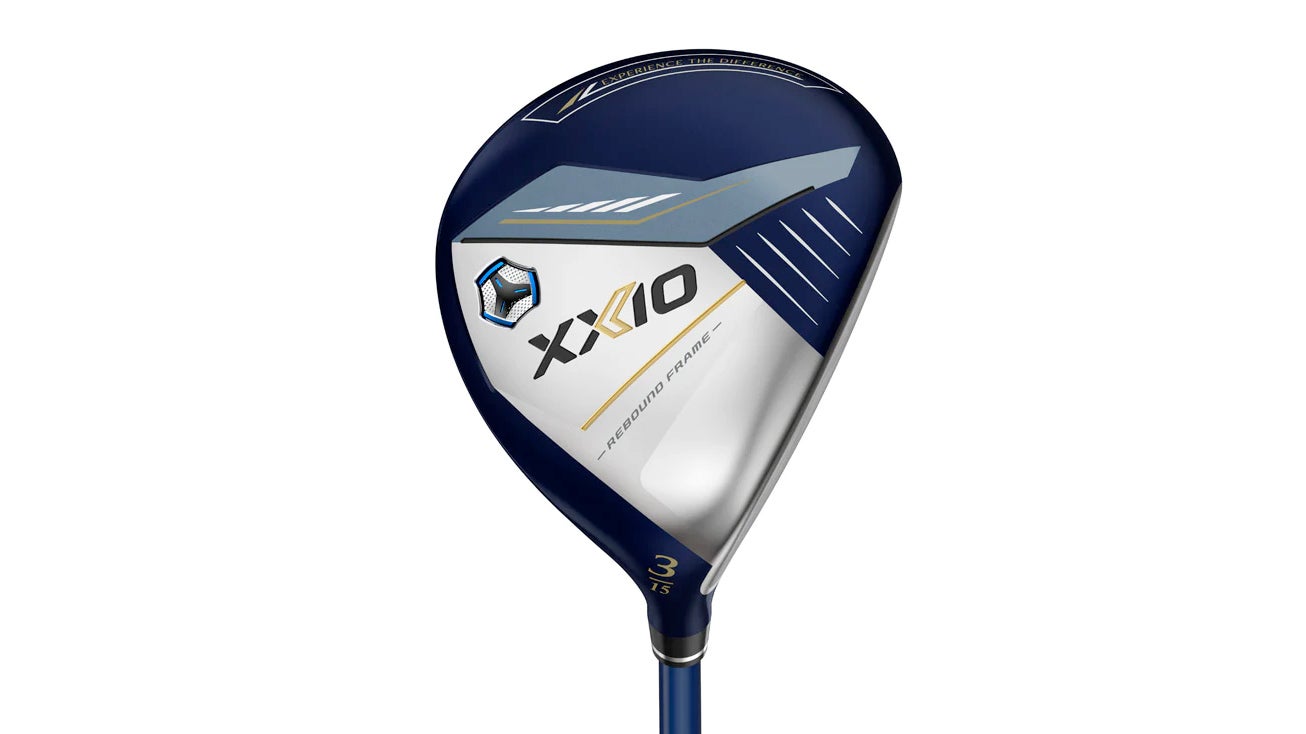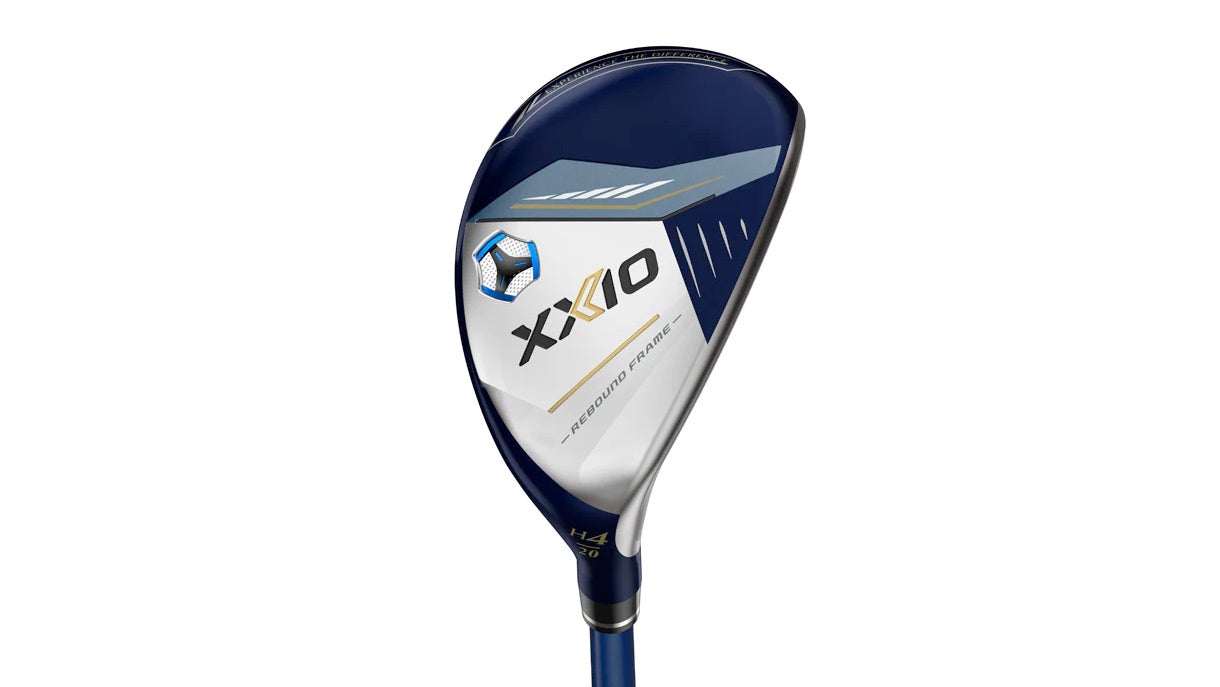XXIO 13 driver: Full review, robotic testing info and more
HIGHLIGHTS
 BIFLEX FACE
BIFLEX FACE  REBOUND FRAME
REBOUND FRAME  ACTIVWING
ACTIVWING Quick Hits
| Model |
|---|
 XXIO 13 Driver XXIO 13 Driver
|
| Launch | Bias | Spin | Price |
|---|---|---|---|
| High | Neutral | Mid | $699.99 |
Club Comparison
XXIO 13 Driver
When it comes to XXIO’s new 13 lineup — which consists of a driver ($699.99), fairway woods ($399.99), hybrids ($299.99) and irons ($1,539.99 per set) — the goal is quite simple: Create a set of game-changing tools that add speed and consistency for someone who swings under 90 miles per hour. As one of the leaders in the lightweight club space, XXIO has become a go-to option thanks, in large part, to specialized technologies designed solely for the set.
The most prominent on the woods is a new BiFlex face that’s featured on both the XXIO 13 and XXIO 13 Ladies lineups. The frame around the face acts as a trampoline, strategically reinforcing specific locations along the perimeter to enhance ball speeds. The end result is a 125 percent higher coefficient of restitution (COR) area when compared to its predecessor, according to XXIO’s internal testing.
Making impact with the ball is a Super-TIX 51 AF titanium face material that was stretched thinner to improve ball speeds across the entire structure as well.
XXIO’s Rebound Frame, a technology introduced with the ’22 lineup, continues to deliver a four-layer sandwich of flexible/rigid/flexible/rigid zones for maximum distance across a wider range of the face. At impact, the four-layer oscillation between flexible and rigid produces big gains in ball speed and, according to XXIO, a COR increase that pairs nicely with the new BiFlex design.
ActivWing, a stability-inducing technology that stabilizes the clubhead during the first part of the downswing, is another key piece of technology. Improving stability at a critical point in the swing leads to smoother and more stable acceleration through the ball, which is something the Dual ActiveWing accomplishes. Even better? The two raised sections on the heel side of the crown are visible tech — look for the trapezoidal features protruding from the crown, which, when aerodynamic forces are applied during the swing, helps to correct the face angle by 11 percent for fewer slices.

